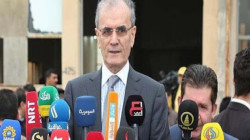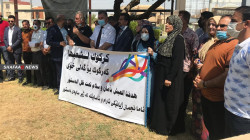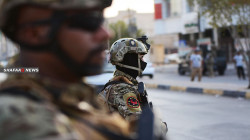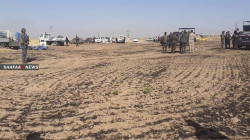Kirkuk Council faces legal action for failing to convene
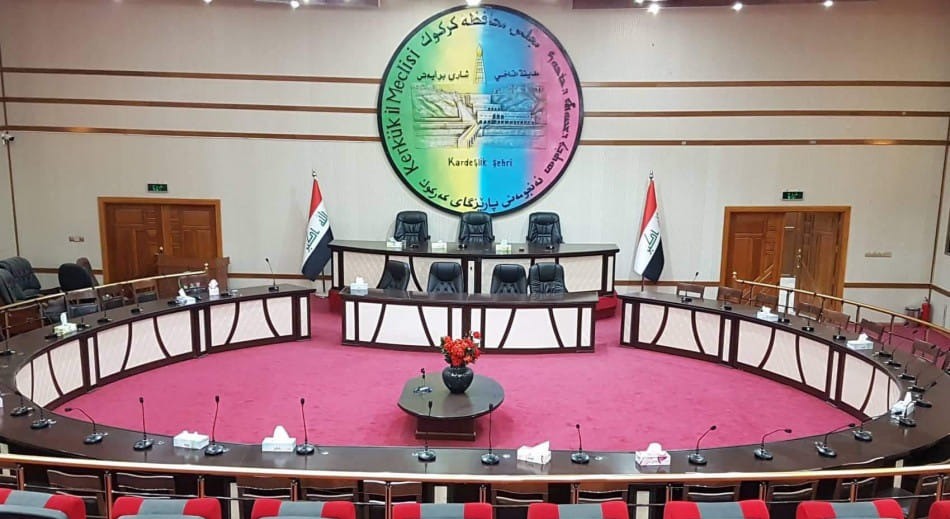
Shafaq News/ A Kirkuk lawyer has filed a complaint with the public prosecution against members of the Kirkuk Governorate Council, alleging that they have failed to convene their first meeting despite having taken their constitutional oaths.
However, council members claim that political disagreements are preventing them from holding their first meeting and progressing with their duties.
Hajjar Nur al-Din Wali, a lawyer from Kirkuk, filed the complaint after over 100 days had passed since the local elections, citing the council's failure to meet as required by law. Yet, Ahmed Ramzi, a member of the Kirkuk Provincial Council, argues that there is "no specific legal requirement" for when the first session must occur after members have taken their oaths.
"The governor called for the first session, but it was not convened due to a lack of consensus among council members," said Ramzi. "Although some members attended, the session did not proceed because there was no agreement on electing a governor or chairperson."
Ramzi also noted that the current governor has yet to take his constitutional oath but continues to perform his duties in accordance with a recent Federal Court ruling, which allows governors to carry on in their roles without formal induction.
The failure to convene the first session has caused public frustration in Kirkuk, with concerns over the stalled council's role in governing the province. Hassan Majid, a council member representing the Kurdistan Democratic Party (KDP), said that political consensus among the various factions is essential to proceed. "Ongoing discussions could lead to an agreement that would pave the way for electing a governor and forming the council," Majid explained.
Arab politician Mahmoud al-Azzawi stated that there is no consensus among the political factions—Arabs, Kurds, and Turkmens—leading to a political deadlock. "Without agreement among the factions, the current governor will continue to manage the province, and the council will remain inactive," he said.
Legal expert Hussein Khalil said that the public prosecution might not have jurisdiction over this matter, as "it focuses on criminal cases and corruption, rather than political disagreements among council members."
